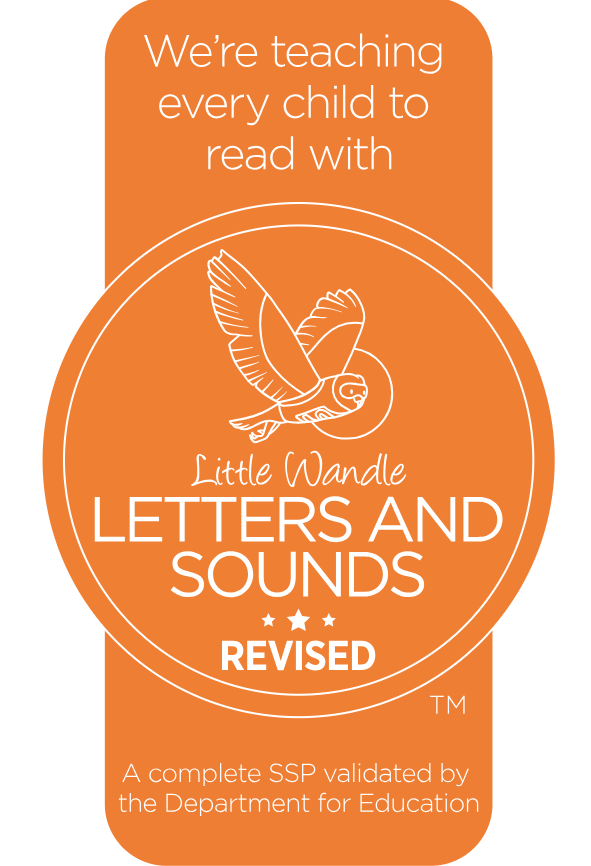Phonics
At Barlby, we believe that all our children can become fluent readers and writers. This is why we teach reading through Little Wandle Letters and Sounds Revised, which is a systematic and synthetic phonics programme. We start teaching phonics in Nursery/Reception and follow the Little Wandle Letters and Sounds Revised progression, which ensures children build on their growing knowledge of the alphabetic code, mastering phonics to read and spell as they move through school.
As a result, all our children are able to tackle any unfamiliar words as they read. At Barlby, we also model the application of the alphabetic code through phonics in shared reading and writing, both inside and outside of the phonics lesson and across the curriculum. We have a strong focus on language development for our children because we know that speaking and listening are crucial skills for reading and writing in all subjects.
Children are assessed regularly within each of the phases, ensuring they are revisiting and reviewing prior sounds and learning new sounds at a pace that suits them. In addition to our half-termly phonics assessments, there is a national Phonics check for Year 1 in the Summer term. All children will be assessed on their ability to decode 40 real words and pseudo words. Children who may not reach the required pass mark are able to repeat the phonics check in Year 2 after deep consolidation and extra support if necessary.
At Barlby, we value reading as a crucial life skill. By the time children leave us, they read confidently for meaning and regularly enjoy reading for pleasure. Our readers are equipped with the tools to tackle unfamiliar vocabulary. We encourage our children to see themselves as readers for both pleasure and purpose.

